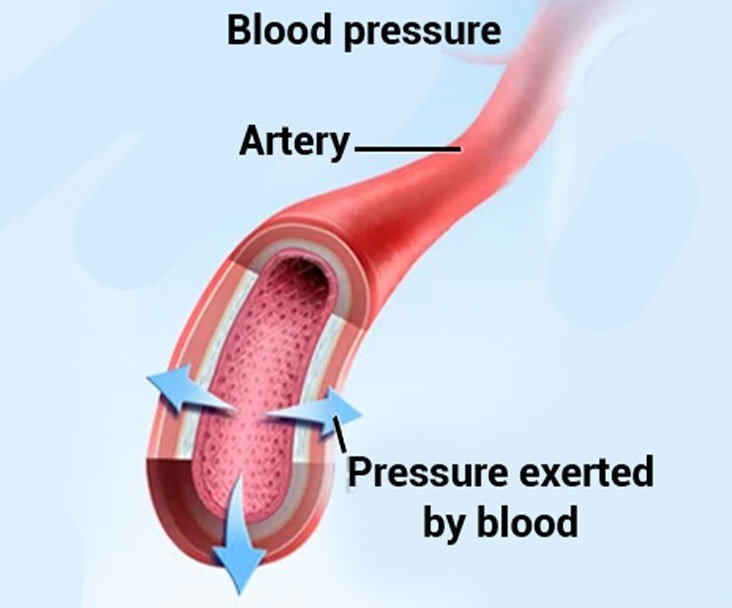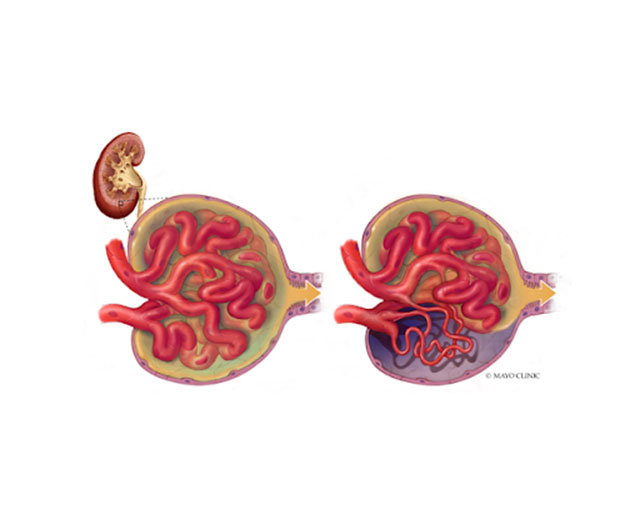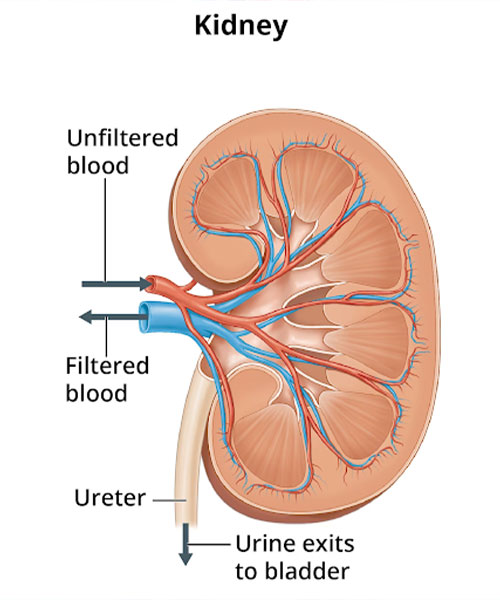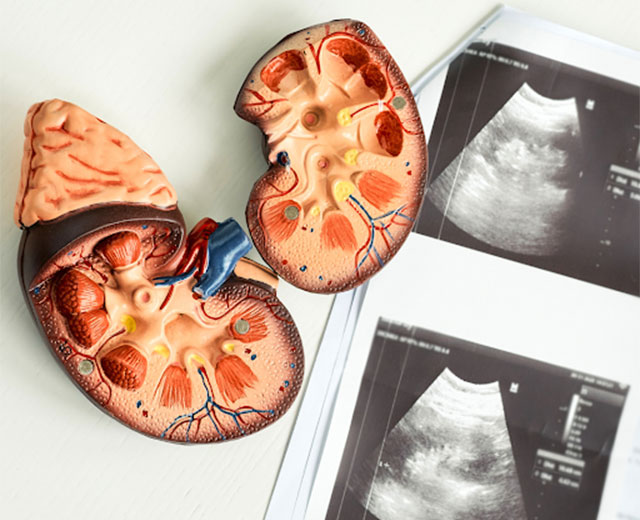High blood pressure, also known as hypertension, is one of the main causes of illness, disability, and mortality. One in six people on the planet (more than one billion people) have high blood pressure, which is thought to be the cause of 9.4 million annual fatalities. Cardiovascular illnesses like heart attacks, congestive heart failure, stroke, kidney failure, and peripheral blood vessel disease are all twice as likely to occur in people with hypertension. While the prevalence of hypertension may vary among various populations, the harm that high blood pressure causes is obvious, yet underappreciated.
WHY DOES HYPERTENSION OCCUR?

Hypertension, or high blood pressure, occurs when the force of blood against the walls of your arteries is too high. This can cause damage to your blood vessels, heart, and other organs. There are two types of hypertension: primary (essential) hypertension and secondary hypertension. Primary hypertension is the most common type of hypertension and occurs when there is no identifiable cause. Secondary hypertension occurs when there is an underlying condition that is causing the high blood pressure, such as kidney disease or sleep apnea. Of all the organ systems affected by hypertension, only the kidney is both a target and cause for hypertension. While primary hypertension can damage the kidney in the long run, kidney disease on its own can cause the development of secondary hypertension.

Though the impact of hypertension on the cardiovascular system and brain account for the highest number of deaths, the kidney causes significant death and morbidity on its own. To first understand the damage caused by hypertension on the kidney, it is important to first understand the basic structure and function of the kidneys.
BASIC STRUCTURE OF THE KIDNEYS

The kidneys are a pair of bean-shaped organs that are situated on either side of the spine in the upper abdomen. They are a component of the urinary system and are in charge of removing waste from the blood and eliminating it from the body through the production of urine. The renal cortex, renal medulla, and renal pelvis are the three primary components of the kidneys. The inner layer of the kidney is the renal medulla, and the outer layer is the renal cortex. Prior to being expelled from the body, urine gathers in the renal pelvis. From the renal pelvis it flows out to the urinary bladder from where it is excreted out when urination occurs.
FUNCTIONS OF THE KIDNEYS

- The kidneys are responsible for removing waste and extra fluid from the circulation. The body then excretes this debris through the urine.
- Controlling fluid equilibrium: The kidneys assist in controlling the body’s fluid balance. Depending on what the body requires, they modify the quantity of water excreted in the urine.
- The equilibrium of electrolytes in the body, including sodium, potassium, and calcium, is another function of the kidneys. Electrolytes are necessary for many physiological processes, including the operation of muscles and nerves.
- Renin, a hormone that the kidneys make and which aids in blood pressure regulation, is produced. Renin aids in maintaining the body’s fluid balance, which can impact blood pressure.
- Red blood cell production is stimulated by the hormone erythropoietin, which is produced by the kidneys and found in the bone marrow. The body needs red blood cells to transport oxygen throughout it.
- Vitamin D is activated by the kidneys, and vitamin D is required for the body to absorb calcium. Healthy bones and teeth require calcium to function properly.
RELATIONSHIP BETWEEN THE KIDNEYS AND HYPERTENSION
Renal artery stenosis, a disease brought on by kidney blood vessel damage, is a result of hypertension. The arteries that deliver blood to the kidneys can become stenosed, which is known as renal artery stenosis. The kidneys may receive less blood as a result of this disease, which could result in kidney damage.
Glomerular injury is another way that hypertension can harm the kidneys. The kidneys’ glomeruli, which are microscopic blood vessels, are in charge of filtering the blood. Glomerulosclerosis, a disease brought on by damaged glomeruli, is a result of high blood pressure. Kidney harm can result from this condition’s potential for protein leakage into the urine.
KIDNEY DAMAGING EFFECTS OF HYPERTENSION

Hypertension can lead to several end-organ effects on the kidneys, including:
- Kidney failure: When the kidneys fail, they can no longer filter waste and excess fluids from the blood. Kidney failure can lead to a buildup of toxins in the body, which can be life-threatening.
- Proteinuria: Proteinuria is a condition where protein leaks into the urine. It can be a sign of kidney damage and can lead to kidney failure.
- Hematuria: Hematuria is a condition where blood is present in the urine. It can be a sign of kidney damage and can lead to kidney failure.
- Hypertensive nephrosclerosis: Hypertensive nephrosclerosis is a condition where the walls of the small blood vessels in the kidneys thicken and harden. This condition can lead to kidney damage and can be life-threatening.
HOW TO PREVENT HYPERTENSION RELATED KIDNEY DAMAGE?
Controlling your blood pressure is the best method to avoid or treat kidney damage brought on by hypertension. Making adjustments to your way of living, such as:
- Having a balanced diet: Fruits, veggies, whole grains, lean protein, and low-fat dairy products should all be a part of a healthy diet. Avoid meals that are rich in sodium, added sugars, saturated and trans fats.
- Exercise frequently: Regular exercise can lower blood pressure and lower the chance of kidney damage brought on by hypertension.
- Finding methods to handle stress, like faith in a higher power, meditation, or deep breathing exercises, is important because stress can increase blood pressure.
- Taking prescription drugs as directed: Take the medication exactly as directed if your doctor has given it to lower your blood pressure. Stopping medications on your own, without doctor’s supervision, can allow your blood pressure to rebound to high levels.
Kidney end-organ consequences from hypertension can be severe. In order to avoid or treat kidney damage brought on by hypertension, blood pressure control is imperative. You can lower your blood pressure and lower the chance of kidney damage by altering your lifestyle and taking prescribed medications as directed. If you have hypertension, discuss with your doctor how to avoid or treat kidney damage caused by hypertension.

